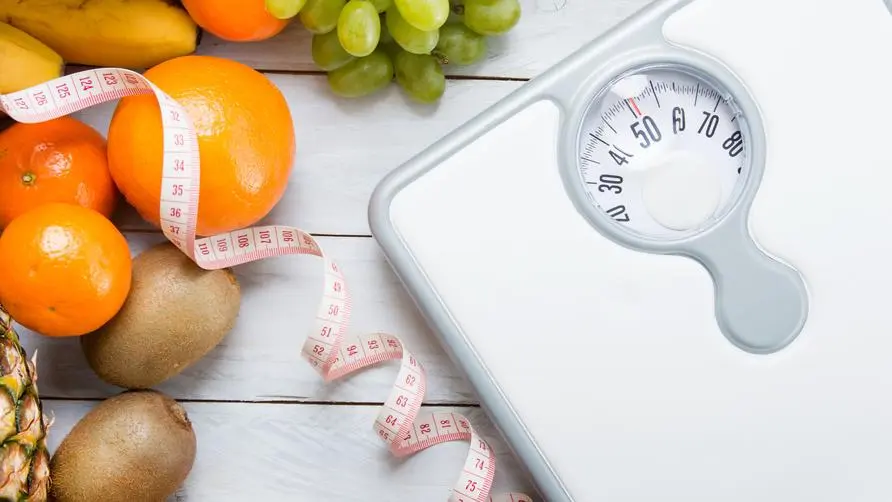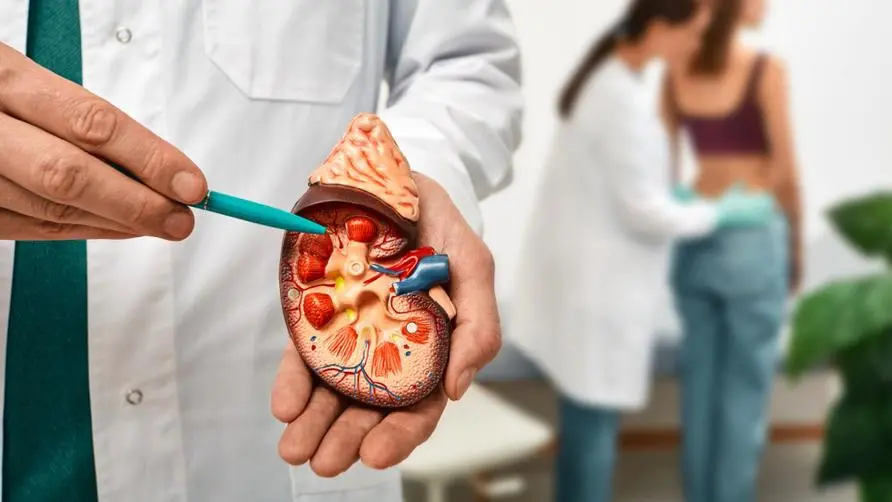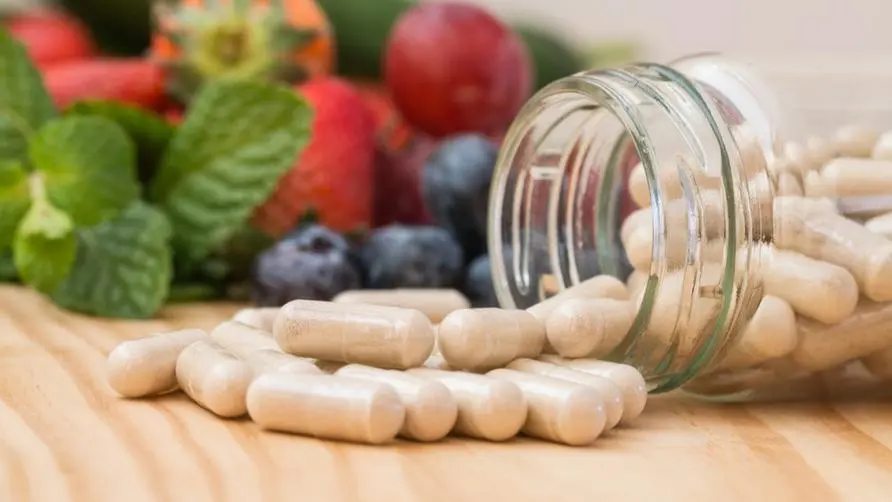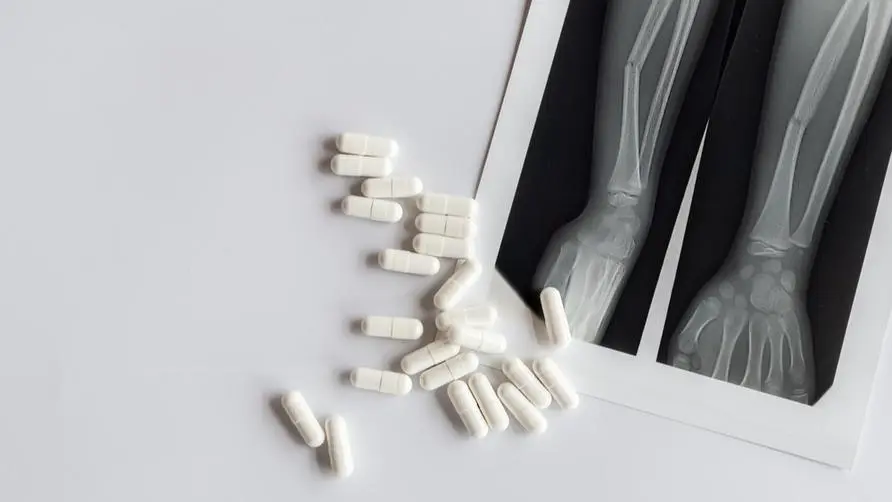Can too much calcium cause kidney stones and heart disease? How to eat protein and vitamin D if you don't want to get bone loosening and fracture early?

Insufficient calcium may lead to bone loss. Excessive supplements, beware of kidney and heart risks.
To maintain bone health, the human body needs a variety of nutrients. A balanced and healthy diet is essential. Harvard Medical School recommends that a healthy diet should focus on eating more vegetables, fruits, beans, nuts, and lean meats. However, as you age, your body’s ability to absorb nutrients begins to decrease, so you need to pay attention to whether you are getting enough nutrients to maintain your bones.
Harvard Medical School points out that calcium is very important for the function of cells, muscles, heart and nerves. The body cannot produce calcium on its own. Harold Rosen, a professor at the Center for Osteoporosis Prevention and Treatment at Harvard Medical School, said that when the body does not have enough calcium, The parathyroid gland secretes more parathyroid hormone to increase the release of calcium ions from bones to maintain the required calcium levels in the blood. The calcium needed for the body’s “bones” is like the balance in a bank. Only by consuming sufficient calcium every day can we avoid the loss of bone density. It is recommended that women consume 1,200 mg of calcium per day, and men 1,000-1,200 mg.
Good food sources of calcium include dairy products, nuts, seeds, legumes, dark green vegetables, squash, fruits, and seafood. A cup of milk, orange juice, beans, and cruciferous vegetables contains approximately 300 mg of calcium. If you need to supplement calcium health food, be sure not to exceed the intake limit. Some scientific studies indicate that high-dose calcium supplements may increase the risk of kidney stones and heart disease.
Vitamin D affects calcium absorption and proper supplementation to prevent falls and fractures
Vitamin D affects the operation of various body systems, including the body’s calcium absorption capacity, and is responsible for regulating calcium and phosphorus in the blood. The most common way to obtain vitamin D is through exposure to the sun. Sunlight converts a chemical in the skin into vitamin D3, which the body then converts into a usable and activated form.
There are fewer types of foods that contain vitamin D; a 6-ounce serving of salmon has about 1,000 IU of vitamin D. In addition, you can also choose fortified milk and orange juice containing vitamin D. Plants are limited to mushrooms. Insufficient vitamin D intake is more common.
The International Osteoporosis Society points out that vitamin D can prevent falls and fractures. Daily vitamin D supplementation of 400-800 IU can reduce non-vertebral fractures and hip fractures by 20%. Daily supplementation of 700-1,000 IU can reduce the risk of falls in the elderly by 20%. Patients with osteoporosis are recommended to consume 1,200mg of calcium and 1,000IU of vitamin D every day.
At least 1 gram of protein per kilogram per day Gu Gubenduo should practice weight-bearing and strength training
Proteins participate in chemical reactions in cells throughout the body and are closely related to the manufacture of skin, muscles, and bones. In terms of bone health, protein is the basic material of the basic structure, while calcium and phosphorus are responsible for helping bone formation and hardening. If the body lacks protein, it will not be able to increase muscle mass, promote skin and bone growth. Protein is also a source of muscle strength and stability.
Harvard Medical School reminds that good sources of protein in food include: dairy products, fish, poultry, beans, whole grains, nuts, broccoli, asparagus, etc. However, as the average person ages, their protein intake will begin to decline, so you need to pay special attention to whether your protein intake is adequate. The recommended daily protein intake for adults is approximately 1.0 grams of protein per kilogram per day. That is, a 60-kg adult requires approximately 60 grams of protein per day.
Harvard Medical School suggests that certain foods are rich in both calcium and protein, which can benefit bone health in both ways. Such foods include salmon, sardines, dairy products, beans, dark green vegetables, nuts, etc. In addition, it is also recommended to increase weight-bearing exercise and muscle strength training, which are beneficial to maintaining bone health. In addition, quitting smoking and limiting alcohol consumption, these work and rest patterns not only maintain bone health, but also play a positive role in preventing chronic diseases such as “three highs”.
Source:





